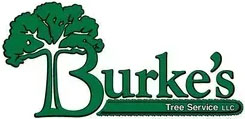Best Tree Service in Rochester, NH
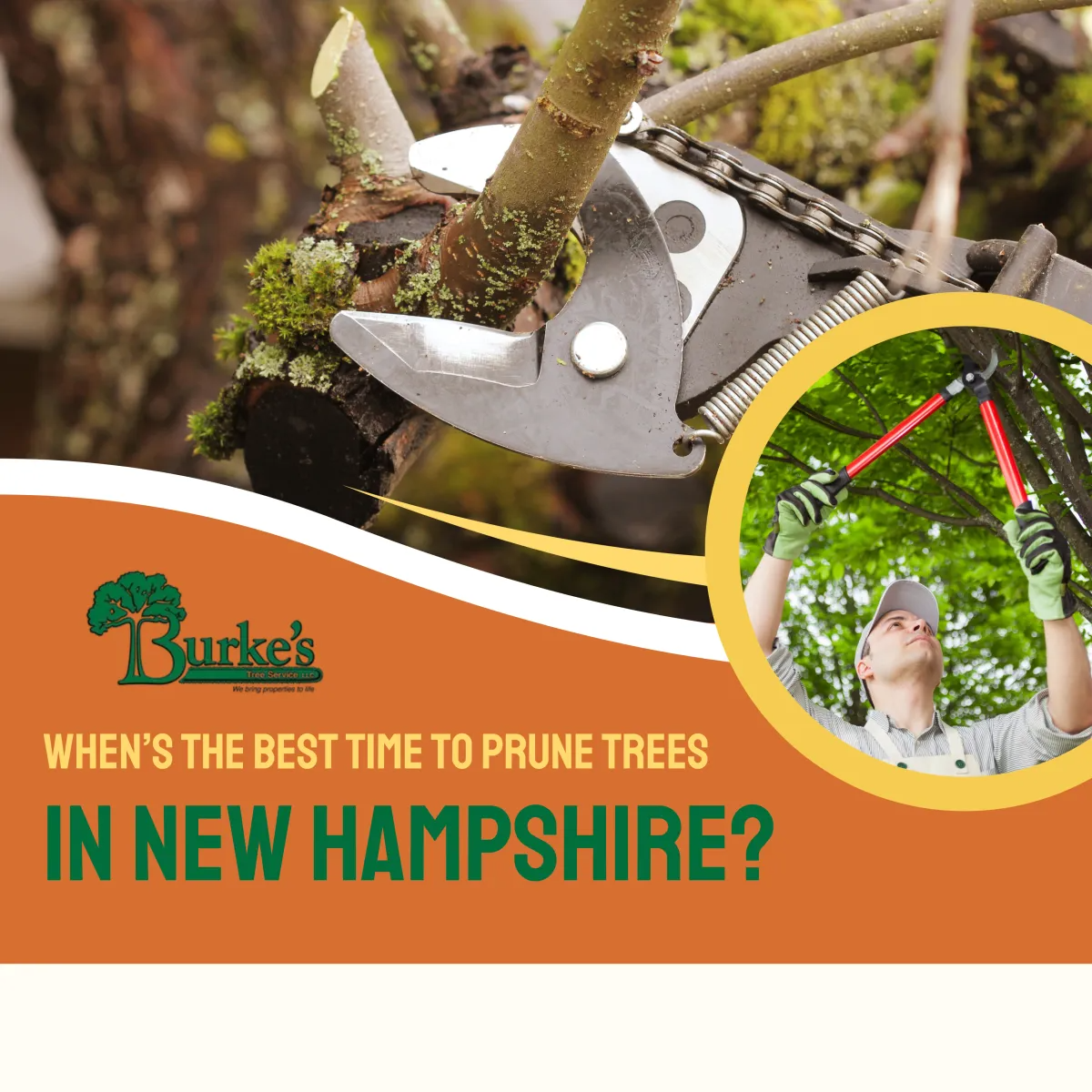
It’s a question we get all the time here at Burke’s Tree Service:
“When should I prune my trees?”
And like most things in New England, the answer depends a bit on the weather, the type of tree, and how long it’s been since your last good trim.
Pruning is one of the most important—and most overlooked—parts of tree care. Done right, it can improve your tree’s structure, prevent disease, reduce hazards, and boost your landscape’s overall health and appearance. Done wrong—or at the wrong time—it can stress your trees out or leave them vulnerable to pests and decay.
So let’s break down exactly when and how to prune your trees in New Hampshire, with some good old-fashioned, no-nonsense advice from your local experts.
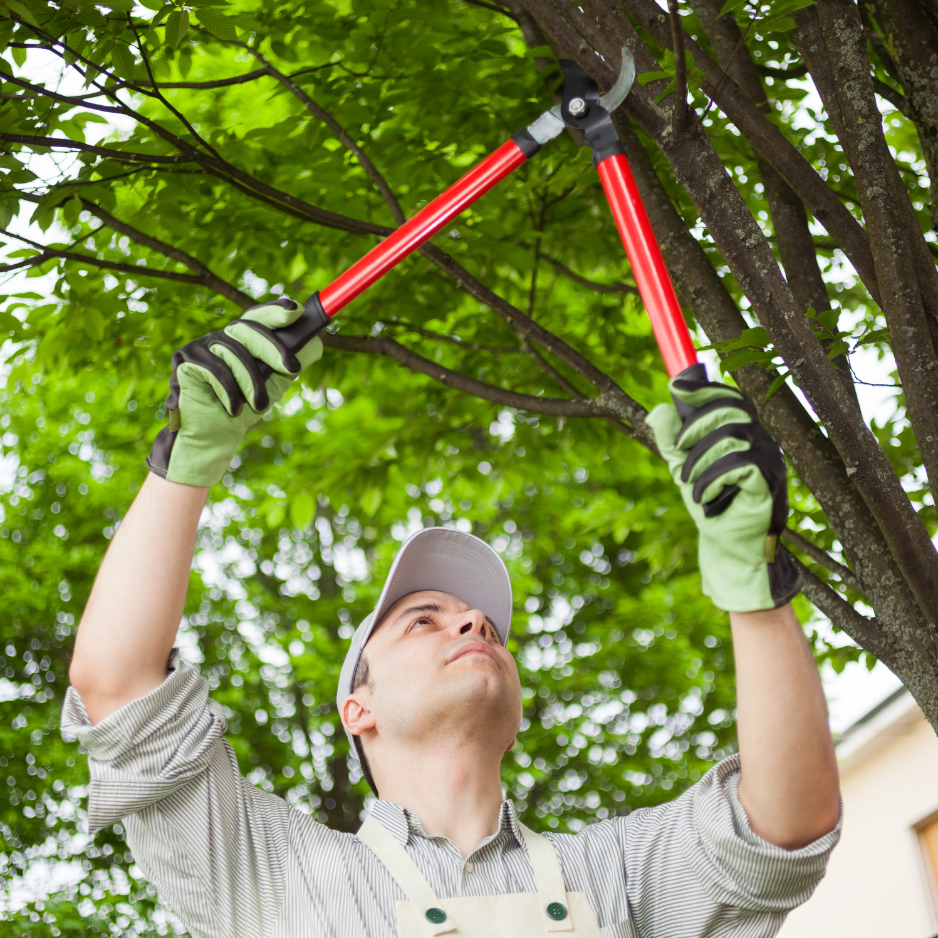
Why is tree pruning so important?
Before we talk timing, let’s talk purpose. Tree pruning is more than just making things look neat. It’s about:
• Removing dead or diseased wood
• Improving airflow and sunlight penetration
• Encouraging strong, balanced growth
• Preventing safety hazards like falling limbs
• Extending the life of your tree
A well-pruned tree is healthier, safer, and better-looking. And when you stay on top of it, you avoid bigger, more expensive problems down the road—like emergency removals or storm damage.
What’s the best season to prune trees in New Hampshire?
Short answer: Late winter or early spring is usually best.
Here’s why:
🌲 Late Winter (February–March)
This is the gold standard for most tree pruning in New England. The tree is still dormant, which means:
• It’s easier to see the structure without leaves
• The tree can heal quickly once spring growth starts
• There’s less risk of pest or disease exposure
Dormant pruning is ideal for structural shaping, dead wood removal, and preparing for strong spring growth.
🌳 Early Spring (April–early May)
Still a good time for pruning, especially if winter lasted longer than expected (you know how it goes here). Sap flow starts to pick up, but trees can still handle minor cuts well.
🍂 Summer (June–August)
Not the best time for heavy pruning, but fine for:
• Removing dead limbs
• Light shaping
• Clearing out low-hanging or hazardous branches
Avoid aggressive pruning in summer—it can stress the tree and attract pests.
🍁 Fall (September–November)
Generally not recommended. Trees are entering dormancy, and pruning in fall can:
• Slow down the dormancy process
• Invite fungal infections
• Leave open wounds that don’t heal before winter
If you absolutely must prune in fall (for safety reasons), go light and let a pro handle it.
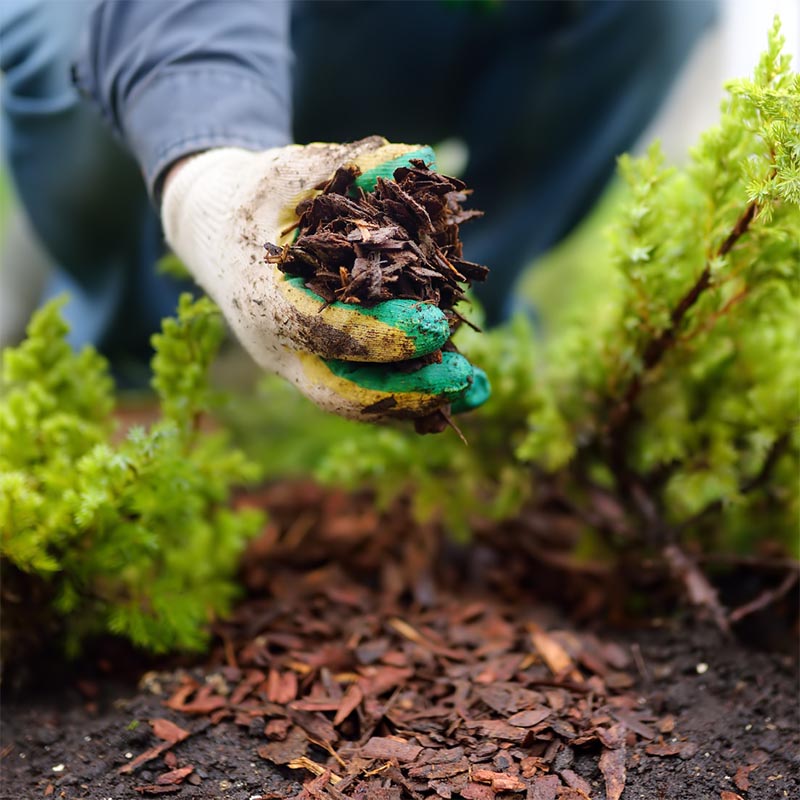
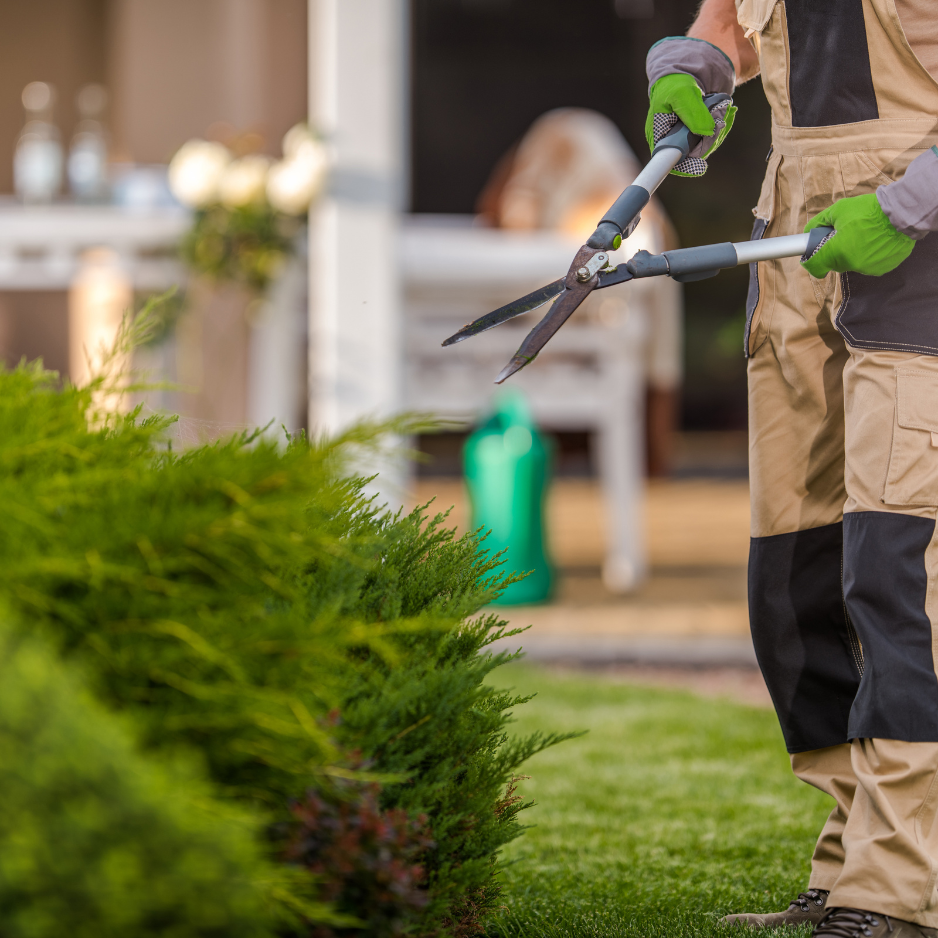
Are there different rules for different trees?
Absolutely. Some trees handle pruning better at specific times:
🌸 Flowering Trees
• Spring bloomers (like dogwoods and cherry trees) should be pruned right after they bloom, not before. Otherwise, you’ll cut off the flower buds.
• Summer bloomers (like crape myrtle) can be pruned in late winter or early spring.
🌲 Evergreens
• Light pruning is fine in early spring or mid-summer.
• Don’t prune evergreens too late in the season—they won’t have time to recover before winter.
🍁 Maples, Birch & Walnut Trees
These bleed sap heavily if pruned in early spring. It’s harmless, but messy. To avoid sap flow, prune these in mid to late summer.
If you’re unsure, give us a shout at Burke’s—we’ll take a look and tell you exactly what kind of tree you’ve got and when to cut it.
How often should you prune your trees?
A good rule of thumb:
Every 3–5 years for mature trees, every 1–2 years for younger trees.
Of course, if a storm rolls through and leaves broken branches hanging over your driveway, don’t wait. Same goes for obvious signs of disease or decay. Emergency trimming can be done anytime—it’s always better to be safe.
DIY vs. Professional Pruning: What’s the Difference?
Look—we’re not here to talk you out of a Saturday project. But there’s a big difference between cutting a few suckers off a small maple and trimming a 40-foot oak hanging over your garage.
Reasons to Call in the Pros:
• Large or high limbs
• Trees near power lines, roofs, or driveways
• Signs of internal damage or disease
• Trees you want to preserve long-term
We don’t just trim—we assess the tree’s health, structure, and growth pattern to make smart cuts that benefit the tree. It’s part science, part art, and a lot of experience.
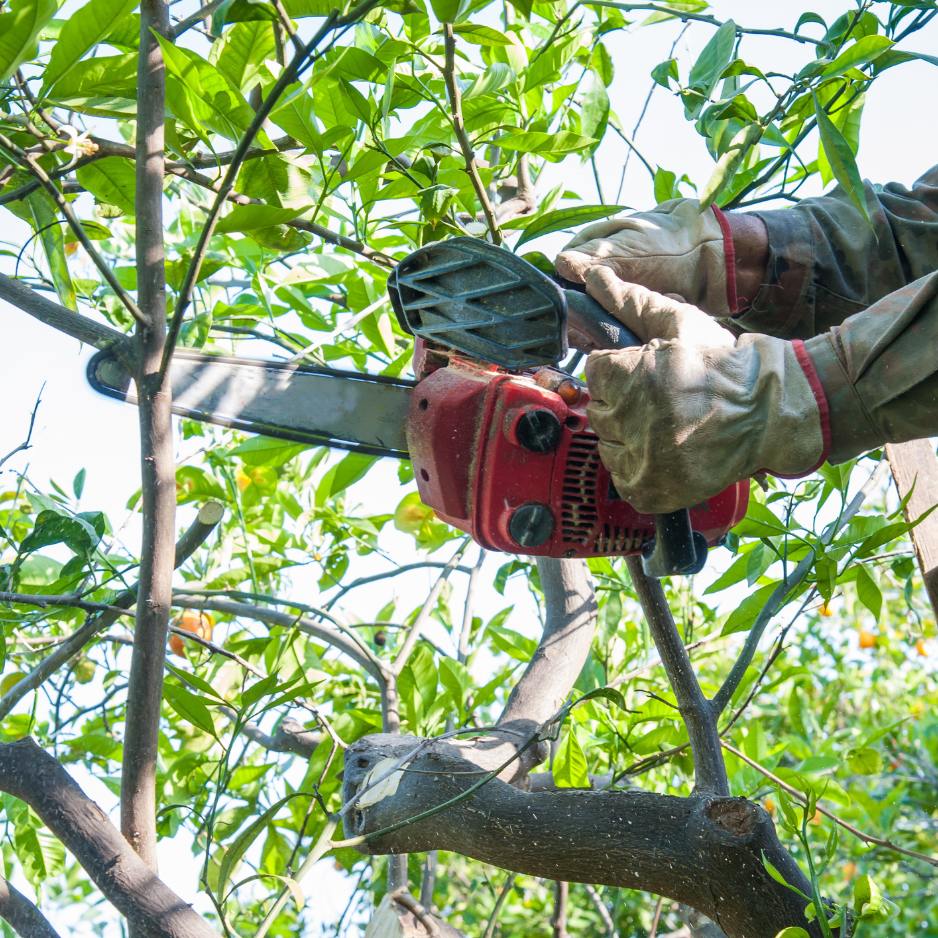
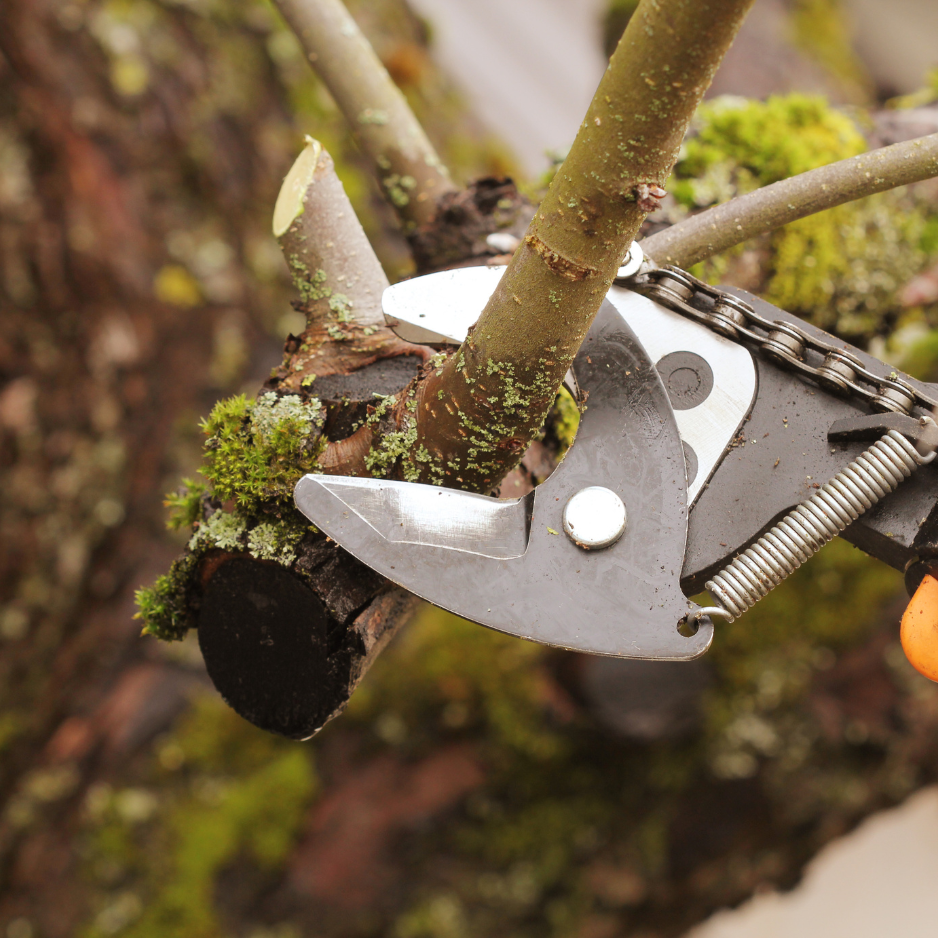
Signs Your Tree Needs Pruning (Now)
If you’re not sure whether your trees need a trim, keep an eye out for:
• Branches rubbing or crossing each other
• Dead or hanging limbs
• Limbs touching your house, gutters, or roof
• Cracks, splits, or broken branches after a storm
• Overgrown or unbalanced canopy
• Excessive shading or poor air circulation
If you’re seeing any of those signs, it’s time to get someone out there with the right tools—and the know-how to use them.
Why Choose Burke’s Tree Service?
We’ve been serving Rochester, NH and surrounding towns for over 40 years. Tree pruning is where we started—and it’s still one of the things we do best.
When you call Burke’s, you’re getting:
• Local professionals who know New England trees
• Licensed, insured, experienced crews
• Honest assessments (we won’t recommend work you don’t need)
• Heavy-duty equipment for safe, efficient pruning
• Clean job sites and respectful service—like neighbors should be
We don’t just chop—we care about keeping your property healthy, safe, and looking its best.
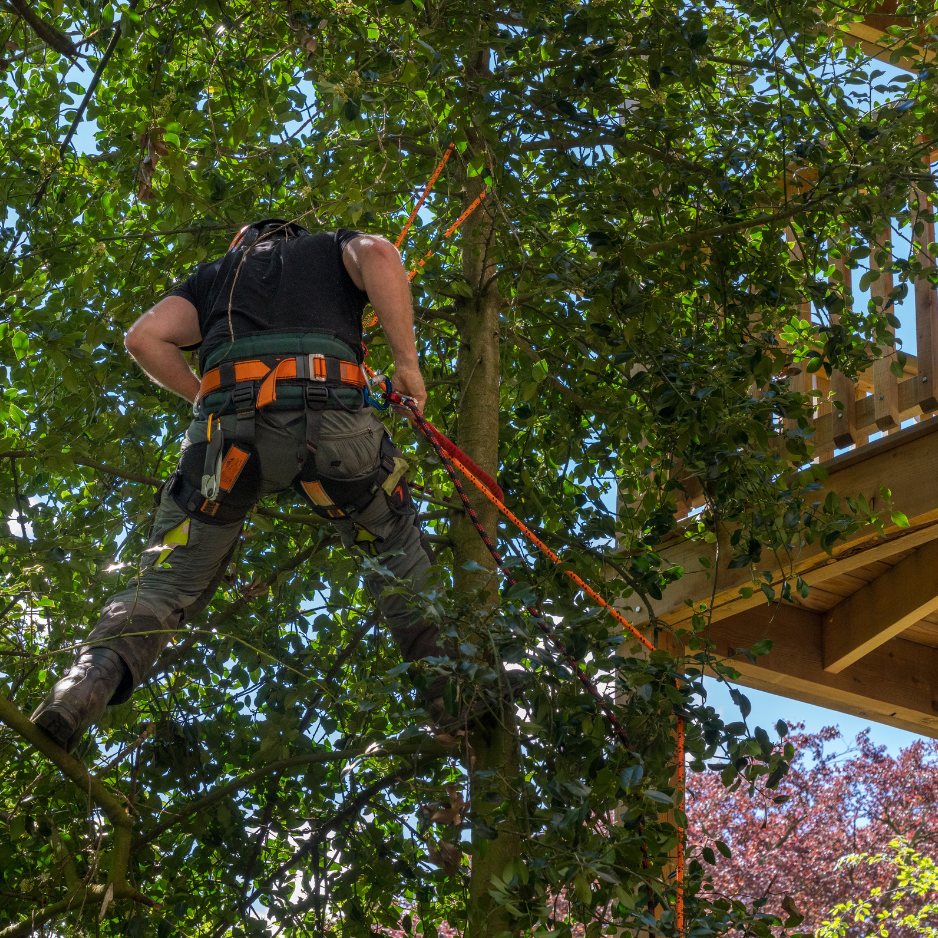
Ready to Give Your Trees the Attention They Deserve?
Whether it’s a cleanup, a safety trim, or a full pruning overhaul, we’ve got the crew, the gear, and the local know-how to do it right.
Book your pruning service today and let’s keep your trees healthy, strong, and storm-ready.
